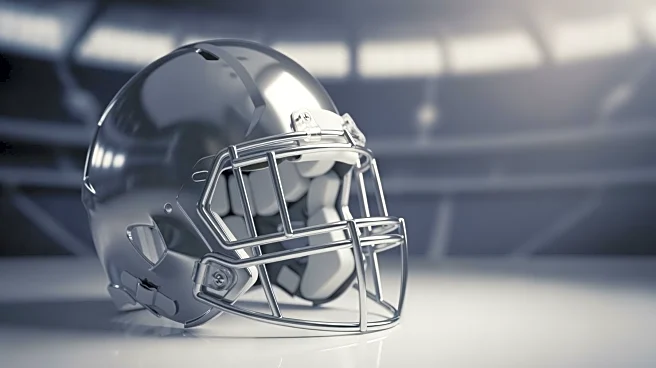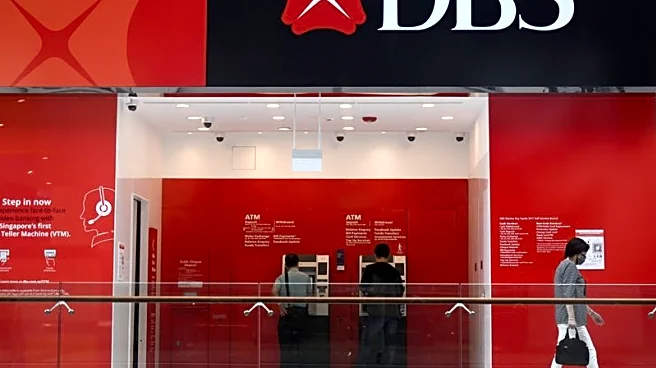What's Happening?
Michael Lombardi, the general manager of the University of North Carolina's football program, has a contract buyout of $3.2 million, making it the highest among college football general managers. This figure is $1.2 million more than the next highest buyout,
shared by Ohio State's Mark Pantoni and Louisville's Vince Marrow at $2.05 million each. Lombardi's total salary is $1.51 million, which is $610,000 more than Pantoni's. Lombardi was appointed as GM shortly after Bill Belichick was named head coach, with both joining the program in December. Despite a challenging start to the season, Belichick and UNC's athletic director have reaffirmed their commitment to the current leadership.
Why It's Important?
The high buyout and salary for Lombardi underscore the significant financial investment UNC is making in its football program, aiming to leverage Lombardi's extensive NFL experience to revitalize the team. This move reflects a broader trend in college sports where programs are increasingly willing to spend large sums to attract top-tier talent from professional leagues. The financial commitment also places pressure on Lombardi and Belichick to deliver results, as stakeholders expect a return on investment in terms of team performance and recruitment success.
What's Next?
As the season progresses, the performance of the UNC football team will be closely monitored. The administration's commitment to Lombardi and Belichick suggests they will be given time to implement their strategies. However, continued underperformance could lead to increased scrutiny and potential changes in leadership. The buyout terms indicate that any decision to part ways with Lombardi would be financially significant, potentially influencing future administrative decisions.
Beyond the Headlines
The hiring of Lombardi and Belichick highlights the increasing crossover between professional and college sports, with universities seeking to emulate the success of professional teams by hiring experienced NFL personnel. This trend raises questions about the evolving nature of college athletics, including the balance between educational values and commercial interests.

















